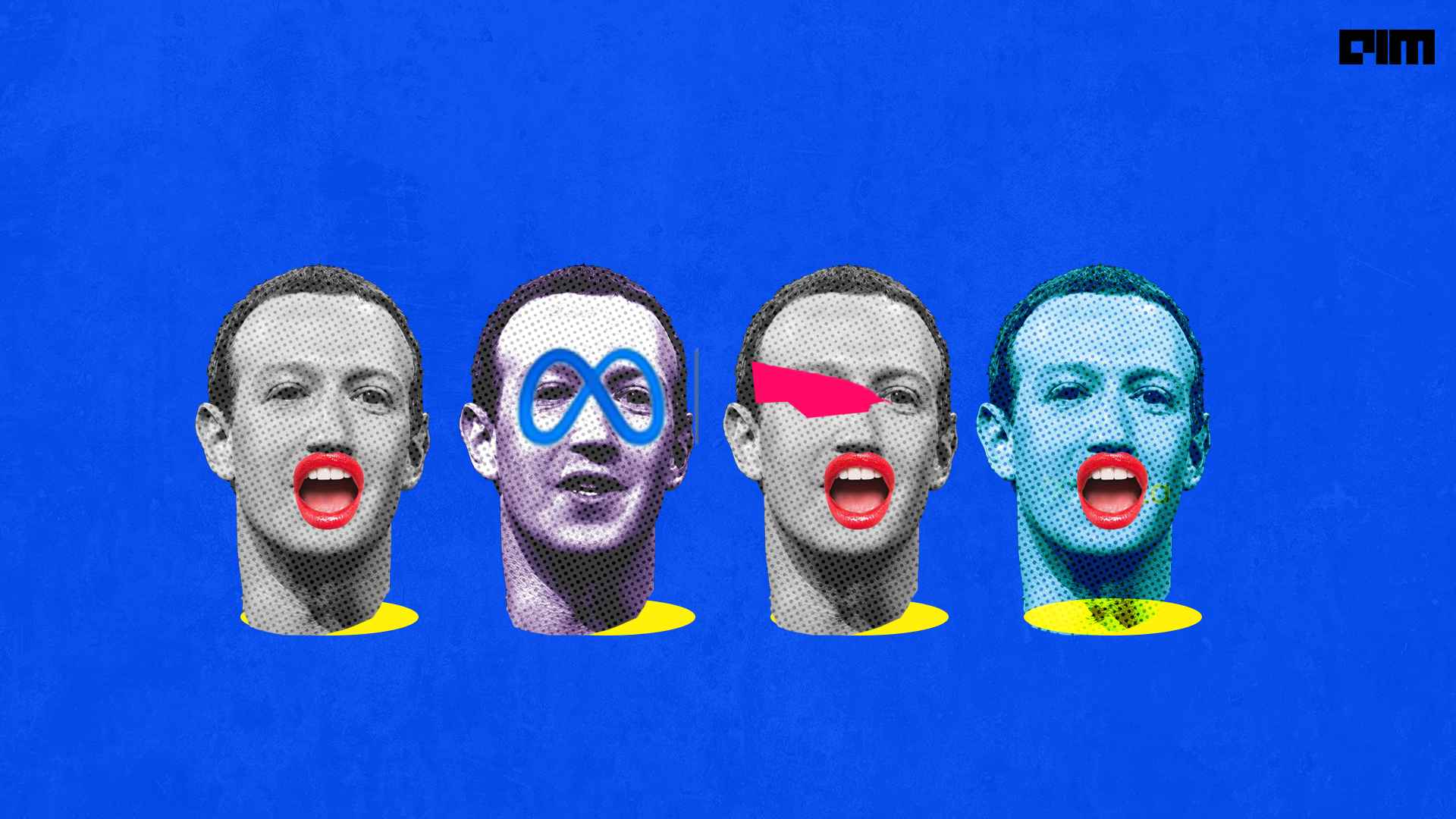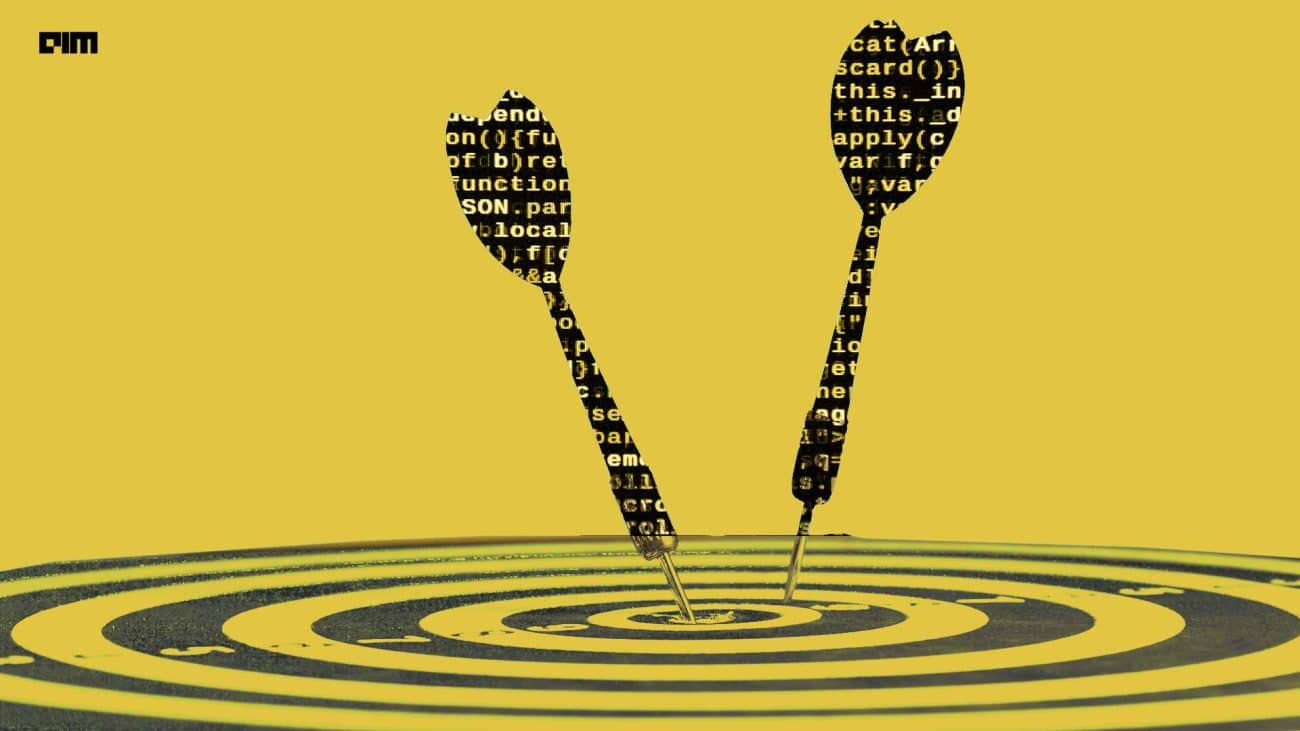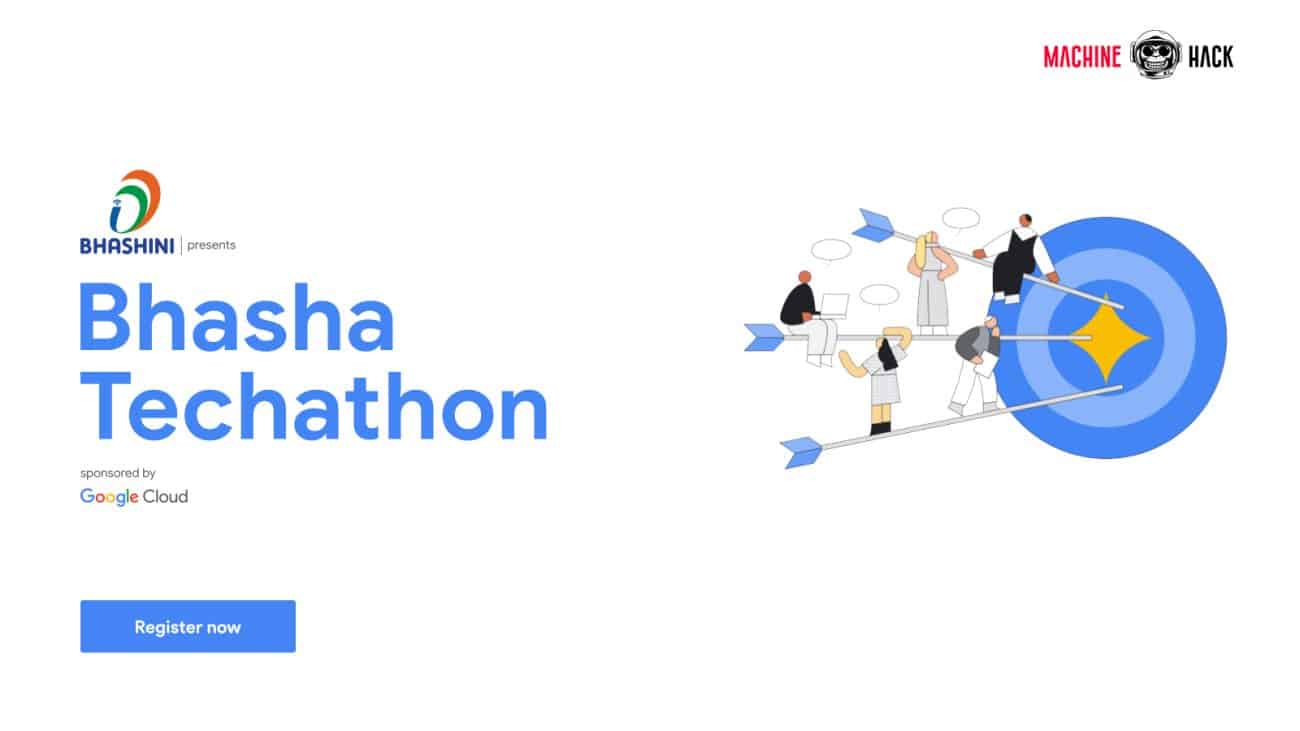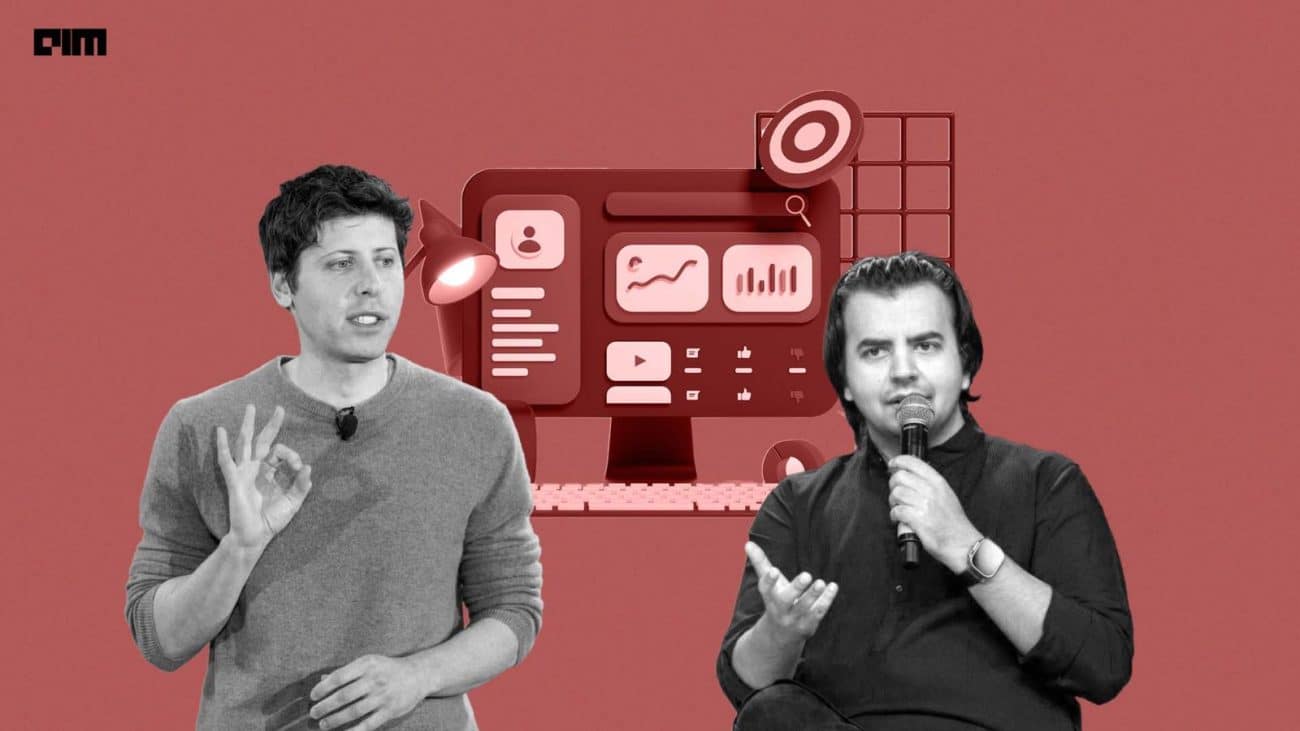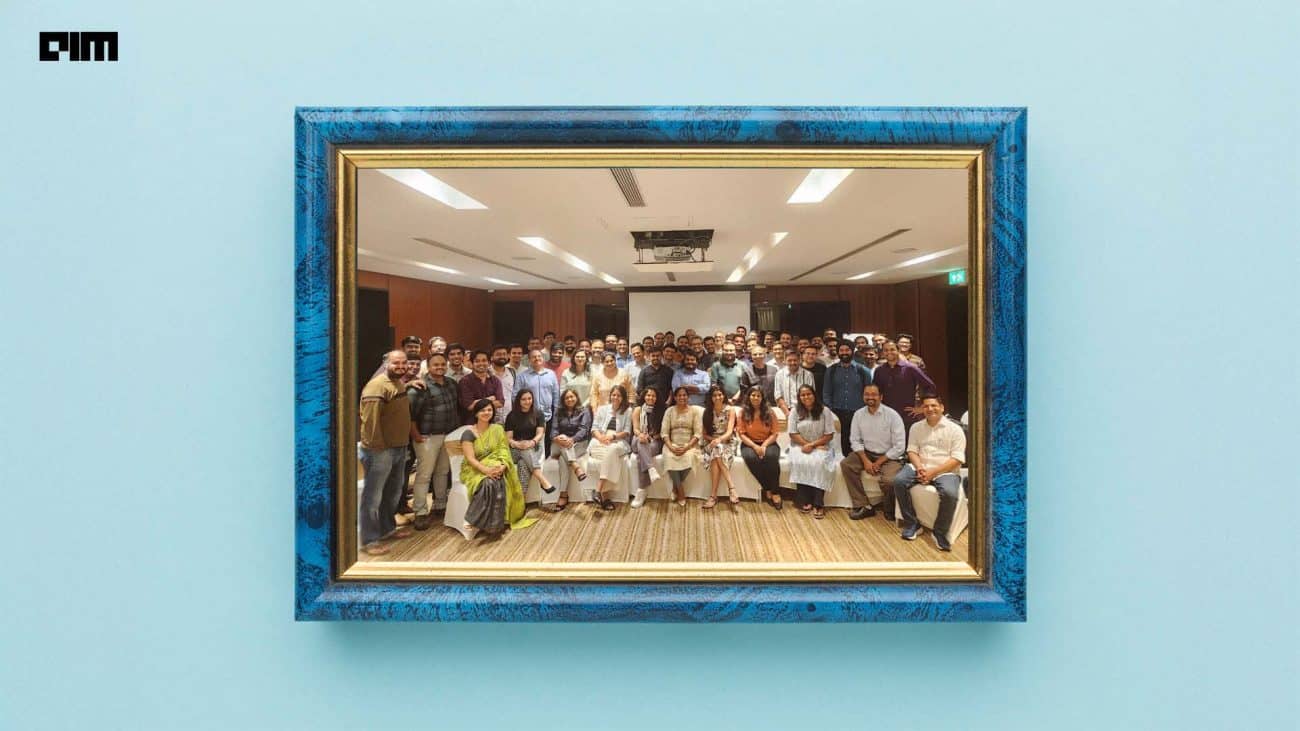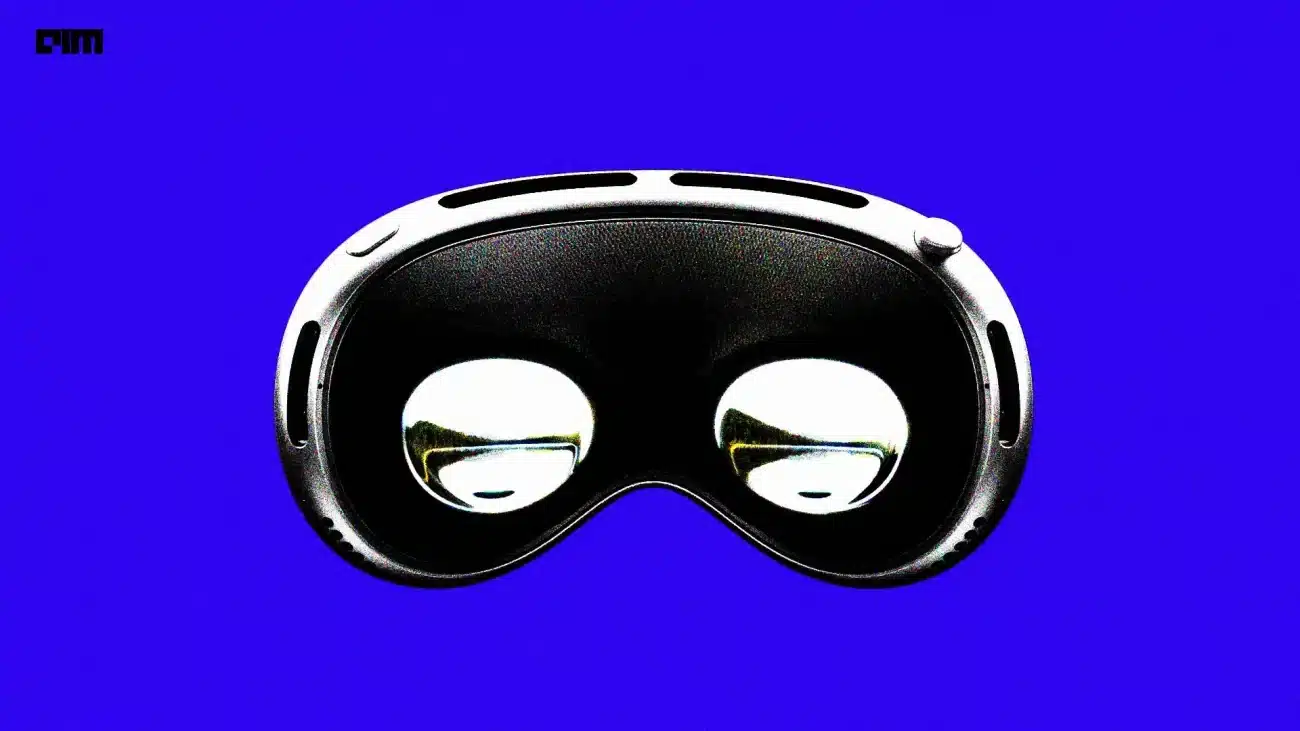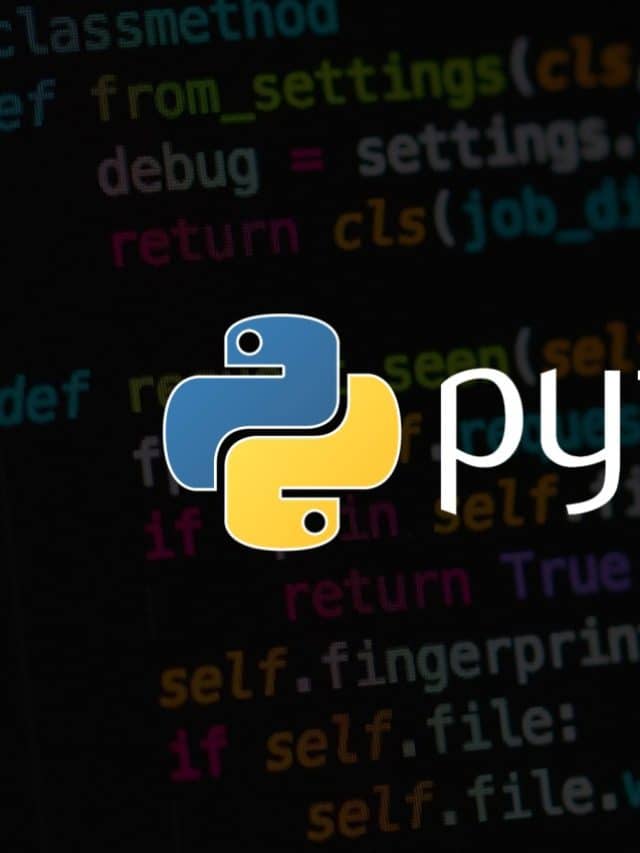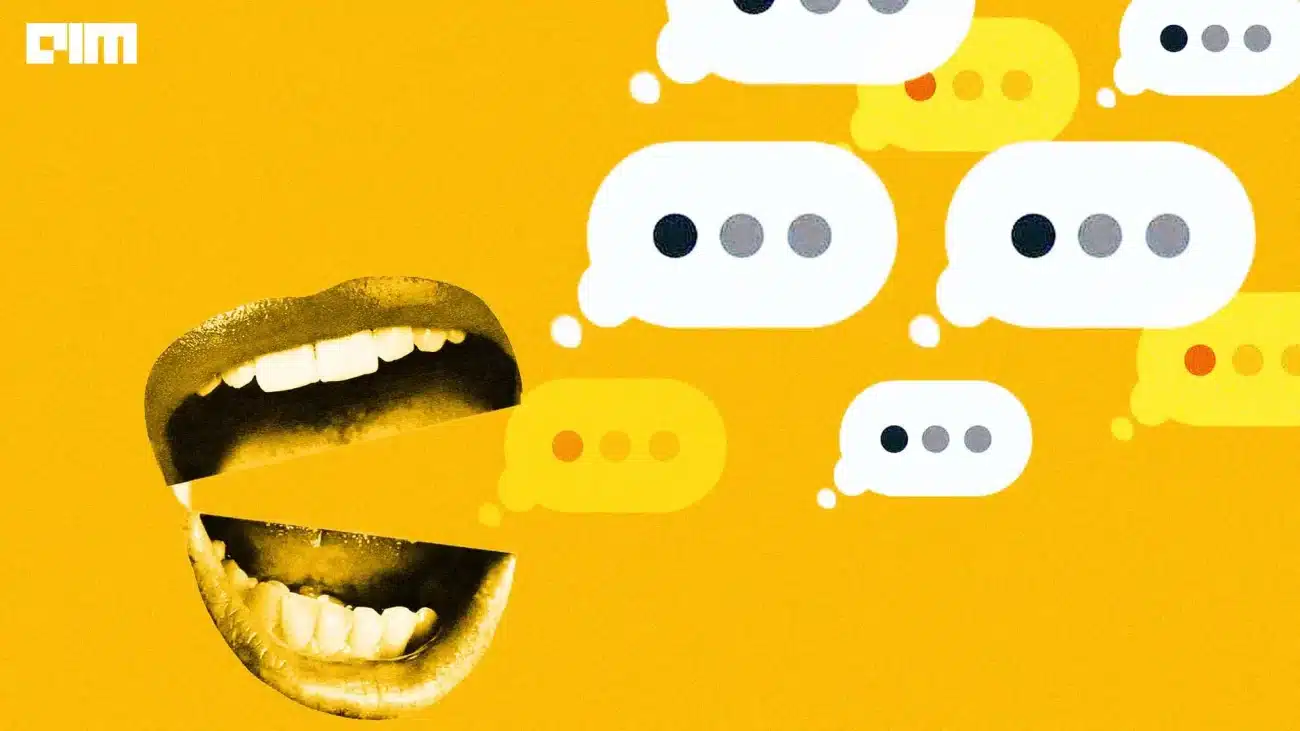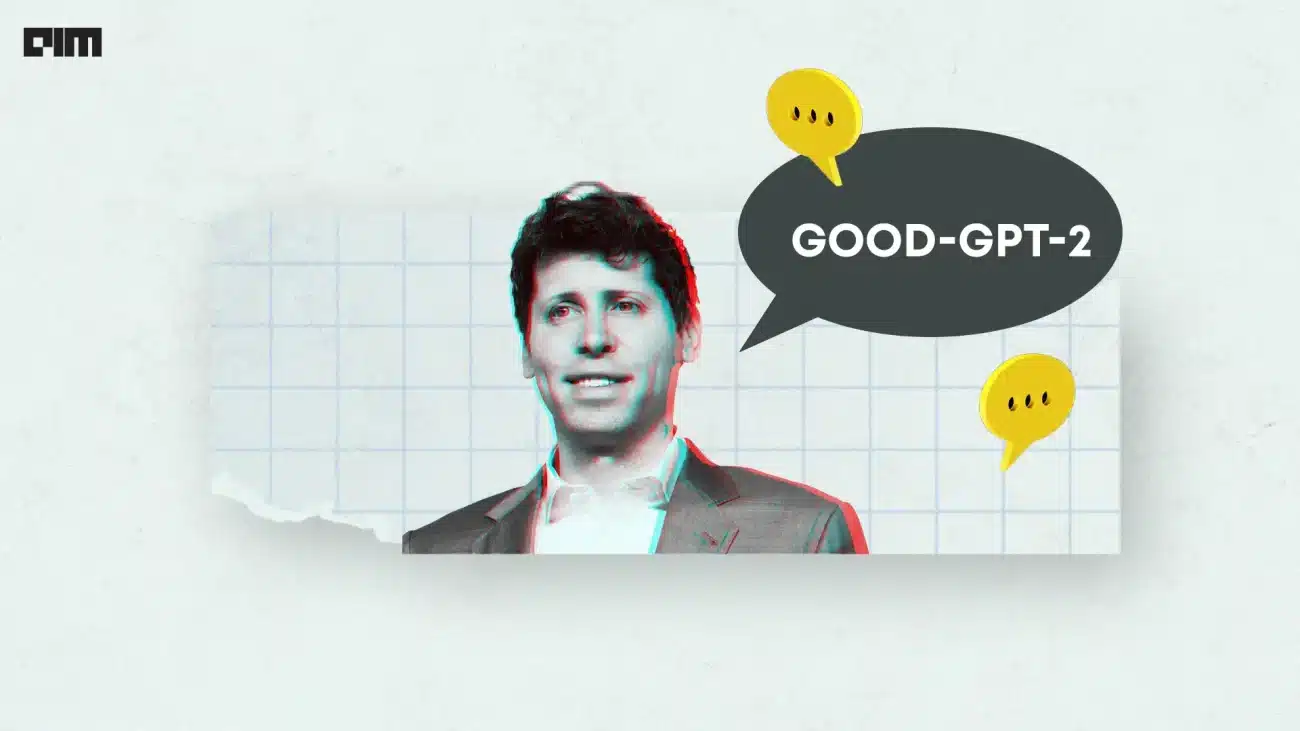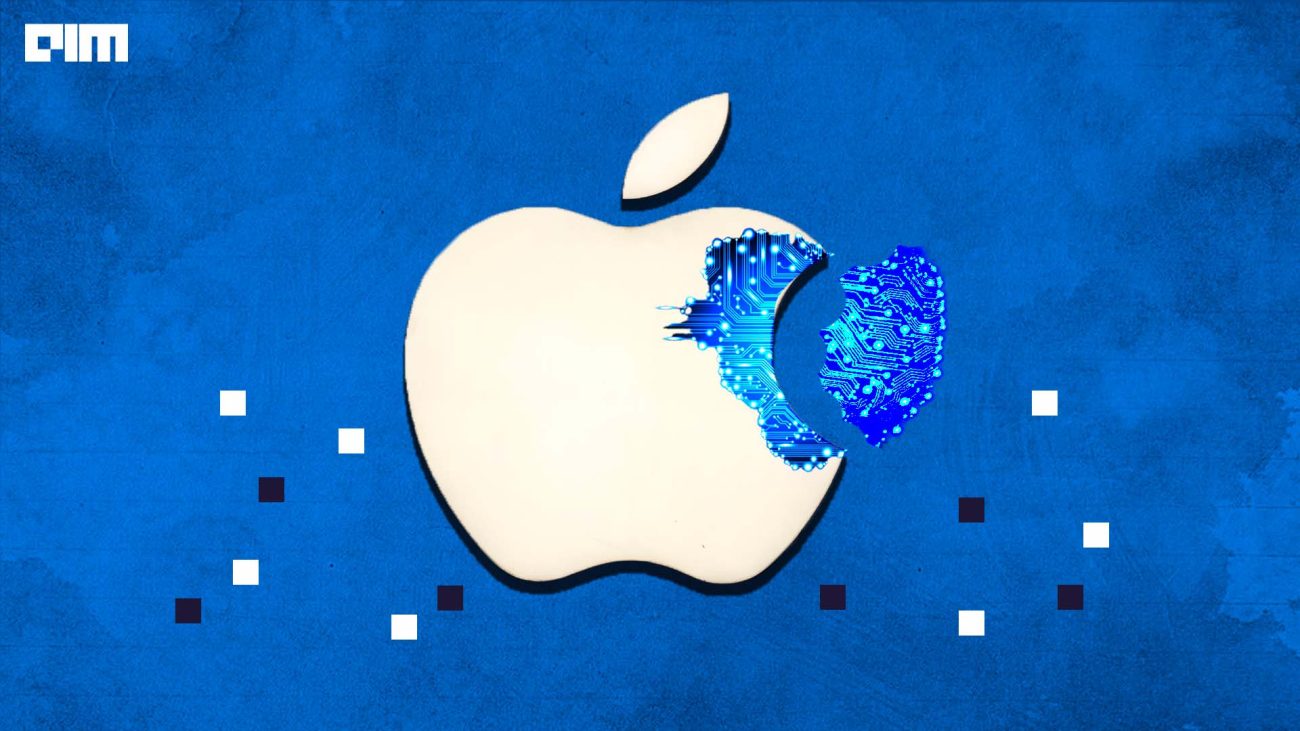|
Listen to this story
|
Less than a fortnight ago, Meta announced AI-generated chat stickers at its annual Connect event, alongside an AI-powered image editor for Instagram. Relying on the company’s homegrown Llama 2 large language model (built in collaboration with Microsoft), the AI feature can create “multiple unique, high-quality stickers in seconds” for the users by prompting it in English. The recently piloted AI stickers have gone viral — but not in a good way.
In the press release, Meta said that “billions of stickers” are sent on its platforms monthly, giving users billions of opportunities to generate anything they want.
The new feature, however, is being misused in various ways—generating Nintendo character holding a rifle, naked Canadian president bending over, a busty Karl Marx in a dress and much worse. The reason is that the brain behind the feature, Emu lacks filters allowing users to prompt it with controversial phrases and images.
As per the research paper, Emu which stands for ‘expressive media universe’ is “a quality-tuned latent diffusion model that significantly outperforms a publicly available state-of-the-art model SDXLv1.0 on visual appeal,” the company stated in the release blog.
It looks like in the rush to launch the hottest AI tools, Meta as well as other giants like Microsoft continue to forget that people will always use technology for chaos.
Not The First
Unsurprisingly, this is not a first-of-a-kind situation. Earlier this year, Meta released Galactica, a science research-specific language model which had to be taken down just three days after the release. According to MIT Technology Review, the tool designed to assist scientists with relevant scientific compositions was taken down because it is “a mindless bot that cannot tell fact from fiction.”
“The people who made the demo had to take it down because they just couldn’t take the heat,” Yann LeCun, Meta’s chief artificial intelligence scientist, had commented.
Similarly, last year, the company released Blender Bot, an AI chatbot that anyone in the US can talk with. Immediately, users all over the country started talking about the uncomfortable content the AI was spewing including racist stereotypes and conspiracy theories. To date, the tools remain available only to US users as per the official page.
In 2016, in a visionary attempt at making machines understand human language, Microsoft released Tay, a bot which (also) turned out to be an awry example of ways AI can go wrong. In less than 16 hours of its arrival on Twitter, Tay had turned into a brazen anti-Semite and was immediately taken offline for re-tooling.
Today, seven years later, the image-conscious company grapples with the same problem, it’s just that the tool in question is different.
Thank you, Microsoft Bing pic.twitter.com/6XWxpum655
— Rachel (@tolstoybb) October 3, 2023
Microsoft Bing’s Image Creator was launched in March, for users to generate images via AI. Even though the tool has a long, long list of filtered words and phrases, people have found a way to surpass them and produce pictures of their beloved fictional characters engaged in violence and terrorism.
“Most generative AI models today with strict filters and terms of use ‘are playing a game of semantic whack-a-mole’ 404 media recently stated in a piece focusing on how Bing is creating images of 9/11 attacks. ‘Microsoft can ban individual phrases from prompts forever, until there are no words left, and people will still get around filters,” Samantha Cole noted.
Some companies are making models without any filters whatsoever, and releasing them into the wild as permanently-accessible files.
Felt Cute, Might Delete Later
Tech companies’ lack of commitment to transparency, commercial objectives, and the free scraping of content from the web, is visible through their latest releases. It won’t be long before Google’s Bard which has recently been upgraded to join the infamous group.
It looks like Meta has learnt from previous AI tomfoolery since it has pursued a limited rollout of AI-generated stickers. That way the team can address the issues and correct abuse before it spreads further to the masses.
Despite the efforts, the models released today cannot fill in the blanks which humans can. The customisable stickers definitely seem cute, but the company appears to have overshot the goal of “enabling news forms of connection and expression” through AI.
Due to the limited rollout of AI stickers, Analytics India Magazine was not able to replicate it or attempt to generate new examples.


